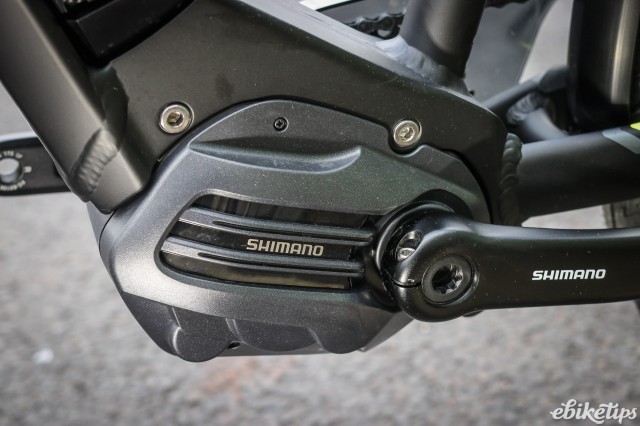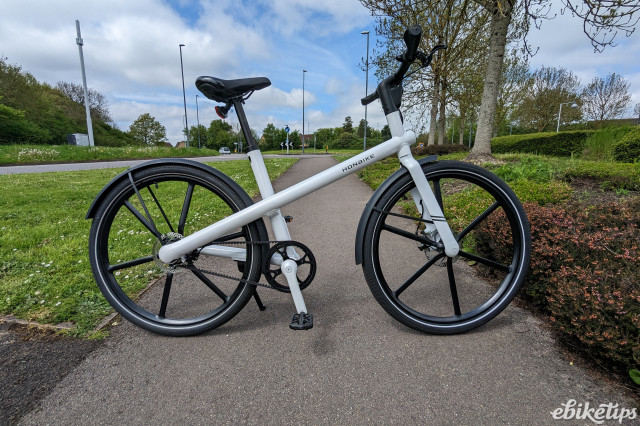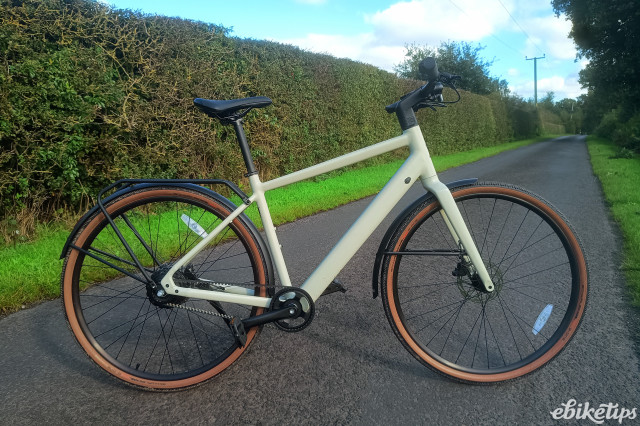The Confederation of European Bicycle Industry (CONEBI) has released a statement pledging to try and prevent the hacking of e-bikes to increase their speed. The trade body believes legal equivalence with unpowered bicycles has underpinned the recent rise in popularity of e-bikes and sees tampering as a threat to that.
In both the UK and Europe, the maximum assisted speed of an e-bike is 25km/h (15.5mph).
If an electric bike provides power assistance beyond that, it is considered a speed pedelec or moped and is subject to additional regulations.
Some have called for the 25km/h limit to be increased and for regulations to be overhauled.
These include BMW, who recently unveiled their vision of the future of electric bikes – an adaptive vehicle that can be set to run as either an e-bike or an electric moped according to the user and geographical location.
Responding to suggestions that such a vehicle might prompt the introduction of new legislation, Bosch eBike Systems CEO Claus Fleischer said: “Of primary importance to the industry at large is the safeguarding of the pedelec designed to cut off at 25kmh; this must, at all costs, remain legislatively as a bicycle. That is our treasure.
“We know there are different influencers who have a view on changing this. In my view, they forget we may lose this status of the e-bike within the bicycle framework. We must remain without licence and insurance requirement, with bike path access.”
Bosch are one of the signatories to the CONEBI commitment, along with fellow motor manufacturers, Bafang, Brose, and Shimano, 15 national bicycle industry associations, and dozens of e-bike manufacturers.
All have committed to ensuring that all applicable anti-tampering requirements are met, to continuously evaluate and improve existing standards, and to raise awareness about the practice.
> Buying an e-bike: a beginner's guide to electric bikes
The statement reads: “The members of CONEBI speak out against any kind of manipulation of e-bikes and e-bike drive systems, e.g. to increase the performance or the maximum supported speed.
“Riding manipulated e-bikes on public roads may not only lead to technical problems but also result in serious legal consequences. Tampering kits and other types of manipulation can damage the drive system as well as the bike itself. Riders risk losing their guarantee and invalidating their warranty claims. If an accident occurs with a tampered e-bike, it may result in high liability costs as well as criminal prosecution.”
CONEBI president Erhard Büchel added: “The Bicycle Industry takes the topic of tampering very seriously and has started several actions to curb this dangerous practice.
“This self-commitment is only one pillar of our overall strategy. Moreover, market surveillance must be strengthened at national level, supported by European legislations.
“Last but not least, we condemn very strongly the sales of tampering kits which endanger the safety of consumers as the e-bike is not designed for such an increased speed. We therefore call upon the European legislators to clearly forbid the sale, application and use of tampering equipment.”






